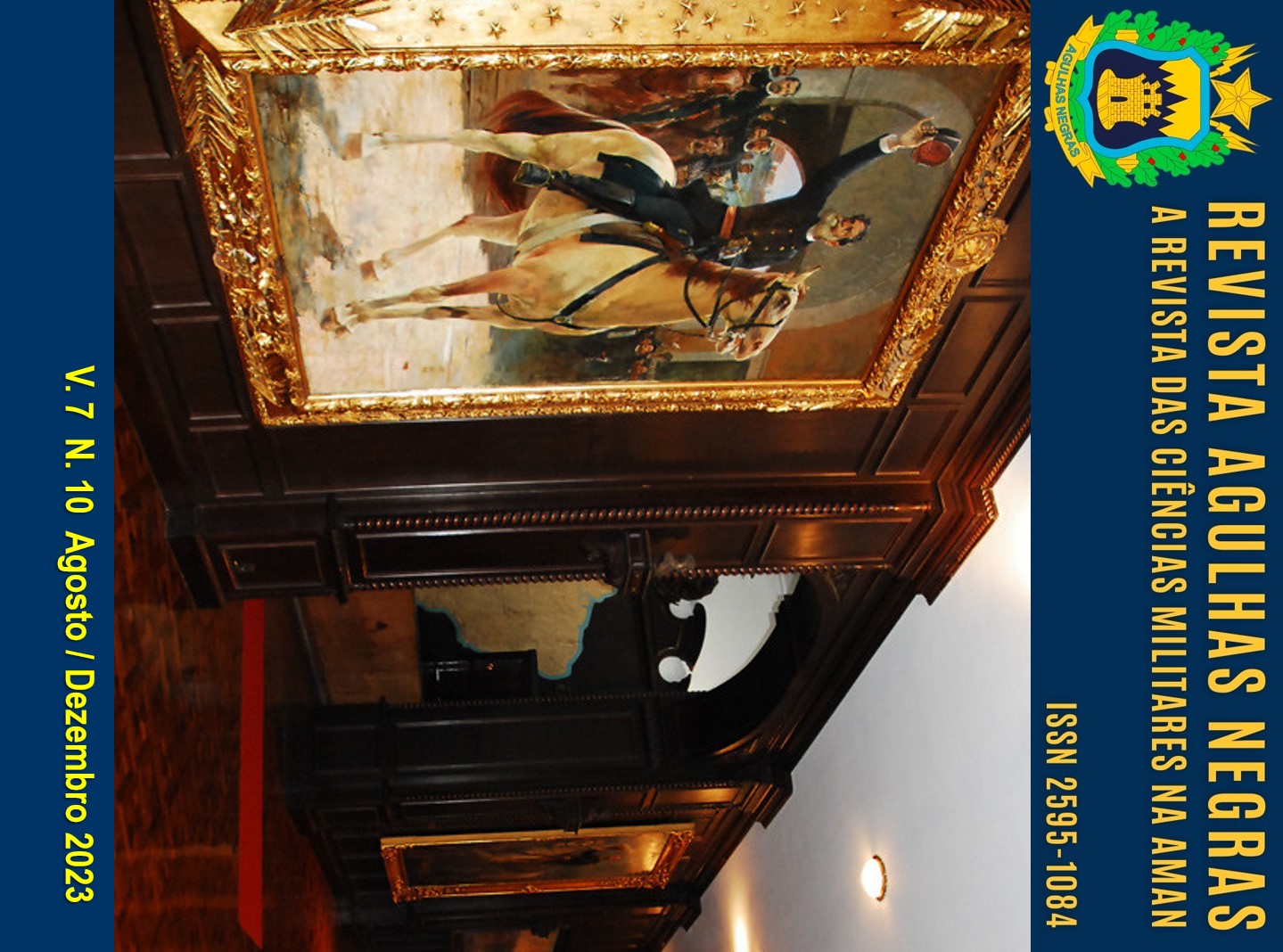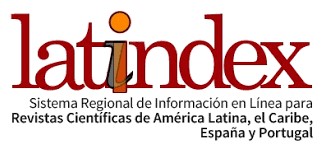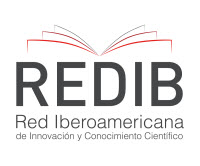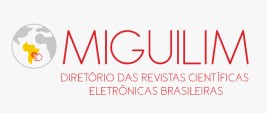Contributions of the Portuguese Language Grammar to the Spanish language Teaching
a proposal to raise awareness of the formal aspects of the foreign language
Abstract
This paper deals with the usefulness of the grammatical knowledge of the mother tongue for a foreign language teaching. It is a research of qualitative approach whose objective is to offer a teaching proposal that considers the grammatical knowledge of the Portuguese language in order to raise awareness of the formal aspects of the Spanish language. The research is based on Vigotsky´s (2001) studies on the construction of thought and language. We highlight the appreciation of the role of the school for the knowledge of the formal aspects of the language, for awareness raising, as well as for the concept formation process. With regard to the methodology, the research is based on the post-method, a concept which was deepened by Kumaravadivelu (2001). In our proposal, we address aspects of the norm and usage of the verbs ter/haver and tener/haber for their expressions of possession, existence and auxiliary function in Portuguese and Spanish. We used the discursive genre 'poem' in order to offer a teaching proposal focused on concepts that elucidates the importance of grammatical knowledge in Portuguese for the awareness of the formal aspects of the Spanish language.
Downloads
References
BAGNO, M. Gramática pedagógica do português brasileiro. Parábola Editorial. São Paulo. 2012.
CORTÁZAR, J. La vuelta al dia en ochenta mundos: Tomo II. Buenos Aires. Barcelona: Siglo XXI Editores, 2000.
DA SILVA, E. R.; ABUD, M. J. M. As interdependências entre o desenvolvimento do pensamento crítico e os conhecimentos culturais e científicos adquiridos na escola. Caminhos em Linguística Aplicada, v. 20, n. 1, p. 1-18, 2019. Disponível em: http://periodicos.unitau.br/ojs/index.php/caminhoslinguistica/article/view/2681. Acesso em: 1 JUL 2022.
FANJUL, A. P. Posse, domínio, apresentação, existência. In: FANJUL, A. P.; GONZÁLES, N. T. M. (Org.). Espanhol e português brasileiro: estudos comparados. Parábola Editorial, 2014. p. 159-184.
KATO, M. A. No mundo da escrita: uma perspectiva psicolingüística. São Paulo, Ática, 1986.
KUMARAVADIVELU, B. Beyond methods: Macrostrategies for language teaching. Yale: Yale University Press, 2003. 339 p.
KUMARAVADIVELU, B. Toward a Postmethod Pedagogy. TESOL Quarterly, San José State University, California, United States, v. 35, n. 4, p. 537-560, 2001. DOI: https://doi.org/10.2307/3588427. Acesso em 1 JUL 2022.
LAKATOS, E. M.; MARCONI, M. A. Fundamentos da Metodologia Científica. 5.ed. São Paulo: Atlas, 2003.
LANTOLF, J.; THORNE, S. L. Sociocultural Theory and Second Language Learning. In: VAN PATTEN, B.; WILLIAMS; J. (ed.), Theories in Second Language Acquisition. Mahwah, NJ: Lawrence Erlbaum. 2007. p. 201-224.
MOITA-LOPES, L. P. Oficina de Lingüística Aplicada. Campinas: Mercado de Letras, 1996.
NEGUERUELA-AZAROLA, E. Comunicación y pensamiento verbal en la enseñanza de la gramática: un enfoque conceptual. Miríada Hispánica, [s. l.], v. 6, p. 53-70, abr. 2013. Disponível em: https://bityli.com/uttMdx. Acesso em: 16 MAR 2020.
NEGUERUELA-AZAROLA, E. Metáforas de la mente y enseñanza de idiomas: principios básicos para un enfoque conceptual basado en la teoría sociocultural de la mente humana. In: Lingüística e hispanismo. Editorial Axac: 2010. p. 27-48.
NEGUERUELA-AZAROLA, E. Sociocultural approach to teaching and researching second languages: systemic-theoretical instruction and second language development. 2003. Tese (Doutorado em Espanhol) - Curso de Doctor of Philosophy, Department of Spanish, Italian, and Portuguese, The Pennsylvania State University, University Park, 2003. Disponível em: https://bit.ly/3vmDEhw. Acesso em: 1 JUL 2022.
NEGUERUELA-AZAROLA, E.; GARCÍA, P. N. Sociocultural theory and the language classroom. In: HALL, G. The Routledge handbook of English language teaching. New York: Routledge, 2016, p. 295-309. Disponível em: https://www.researchgate.net/profile/Prospero-Garcia/publication/287240818_Sociocultural_Theory_and_The_Language_Classroom/links/6061f185a6fdccbfea15aeab/Sociocultural-Theory-and-The-Language-Classroom.pdf. Acesso em: 1 JUL 2022.
OLIVEIRA, M. K. Vygotsky e o Processo de Formação de Conceitos. In: La TAILLE, Y.; OLIVEIRA, M. K.; DANTAS, H. Piaget, Vygotsky, Wallon: teorias psicogenéticas em discussão. São Paulo: Summus, 1992. p. 23 – 34.
OLIVEIRA, M. K. Vygotsky: aprendizado e desenvolvimento - um processo sócio-histórico. São Paulo: Scipione, 1993.
PRABHU, N. S. There Is No Best Method-Why? TESOL Quarterly, National University of Singapure, v. 24, n. 2, p. 161-176, 1990.
QUAST, K. Língua materna e aprendizagem de língua estrangeira: interferência negativa ou recurso mediacional?. Caminhos em Linguística Aplicada, v. 23, 2020, p. 195-229. Disponível em: http://periodicos.unitau.br/ojs/index.php/caminhoslinguistica/article/view/3136. Acesso em: 1 JUL 2022.
SILVA, E. R. A defesa de Vigotski ao ensino da gramática. Revista Philologus, v. 16, n. 47. 2010.
VIGOTSKY, L. S. A construção do pensamento e da linguagem. Tradução: Paulo Bezerra. São Paulo: Martins Fontes, 2001.
WEINSTEIN, G. Literacy and second language acquisition: Issues and perspectives. TESOL Quarterly, v. 18, ed. 3, p. 471-484, 1984. DOI: https://doi.org/10.2307/3586715. Acesso em: 1 JUL 2022.
Copyright (c) 2023 Timoteo Salgado Pereira Pinto, Elisabeth Ramos da Silva (Autor)

This work is licensed under a Creative Commons Attribution 4.0 International License.









